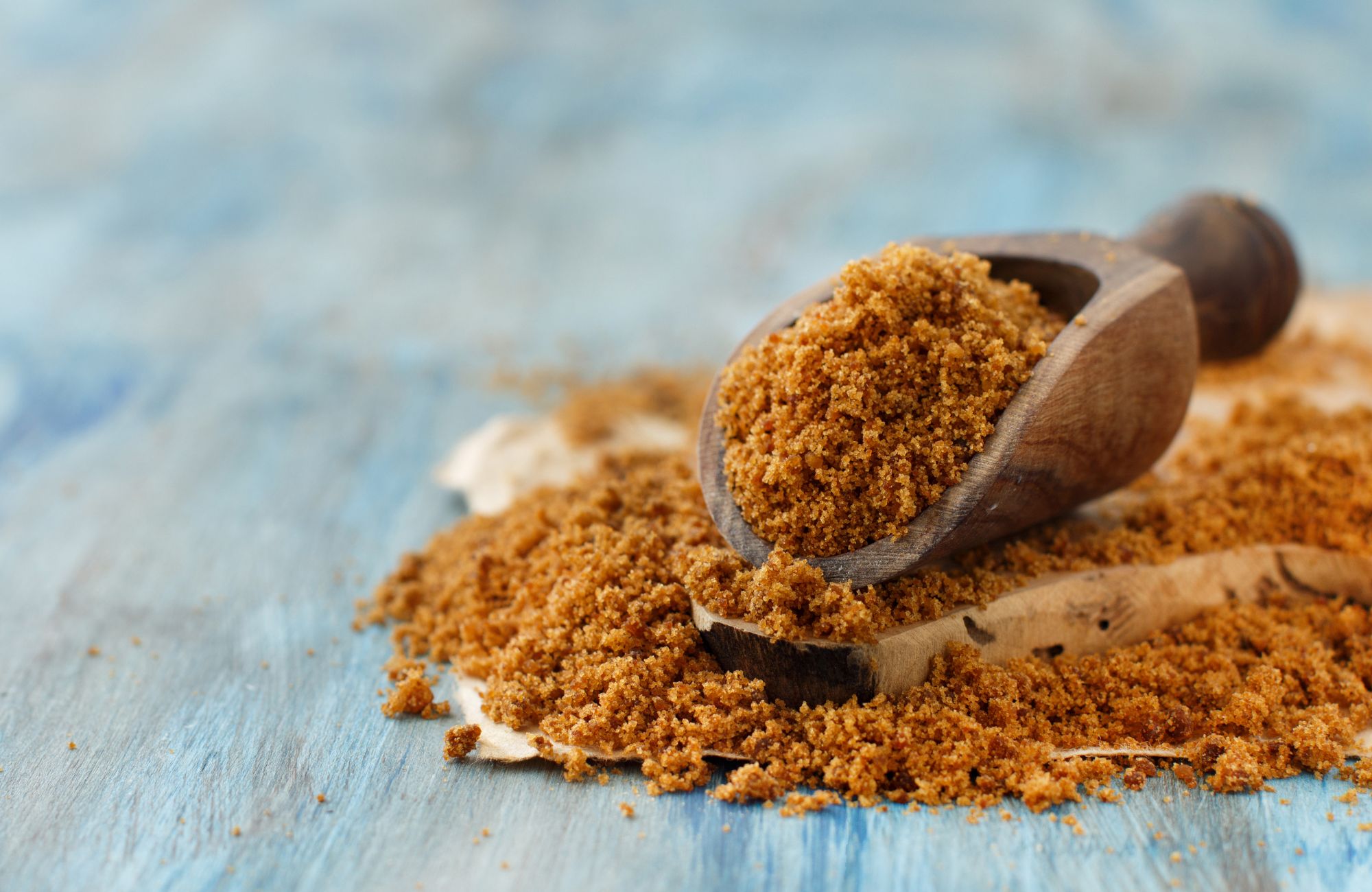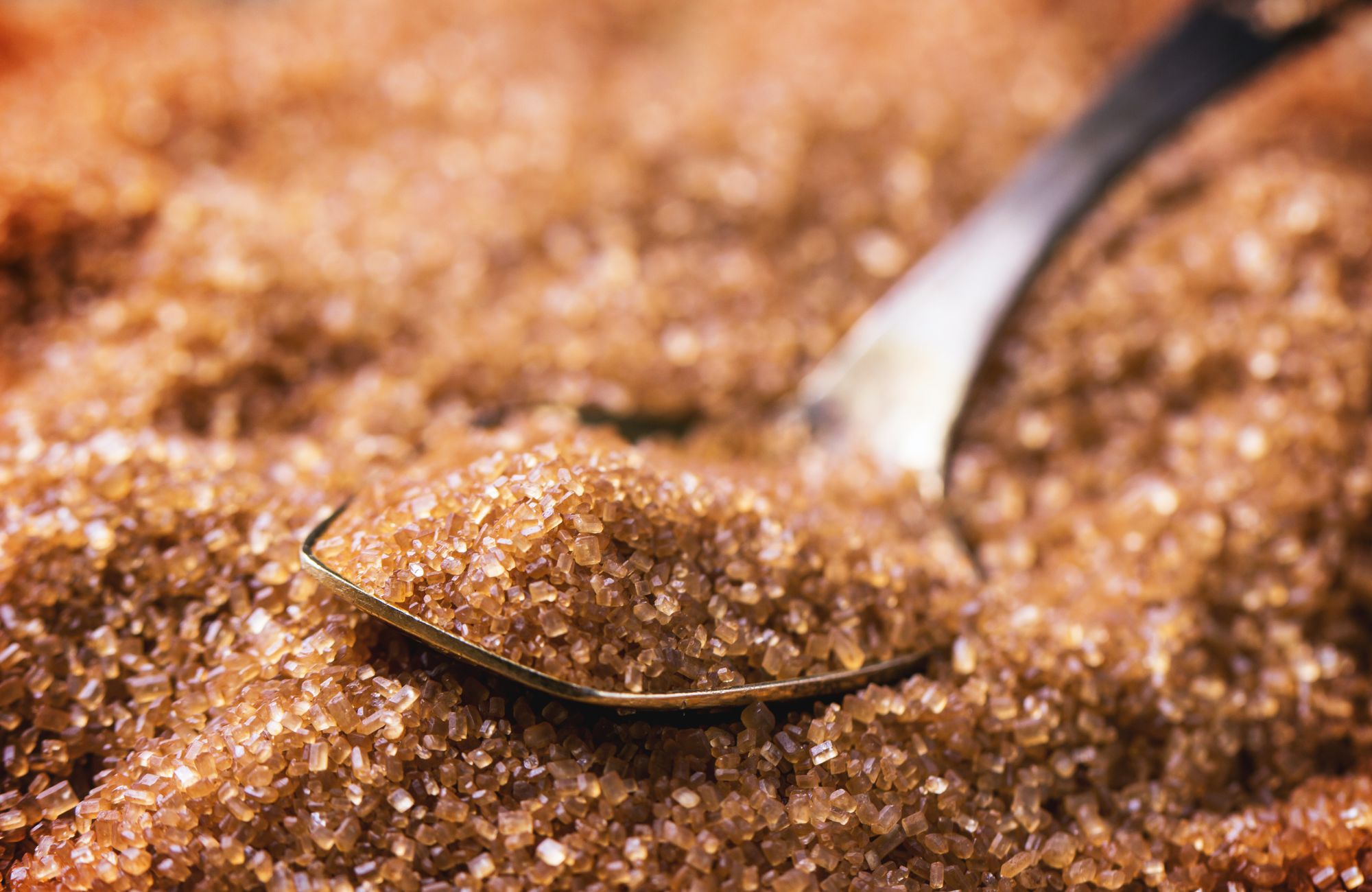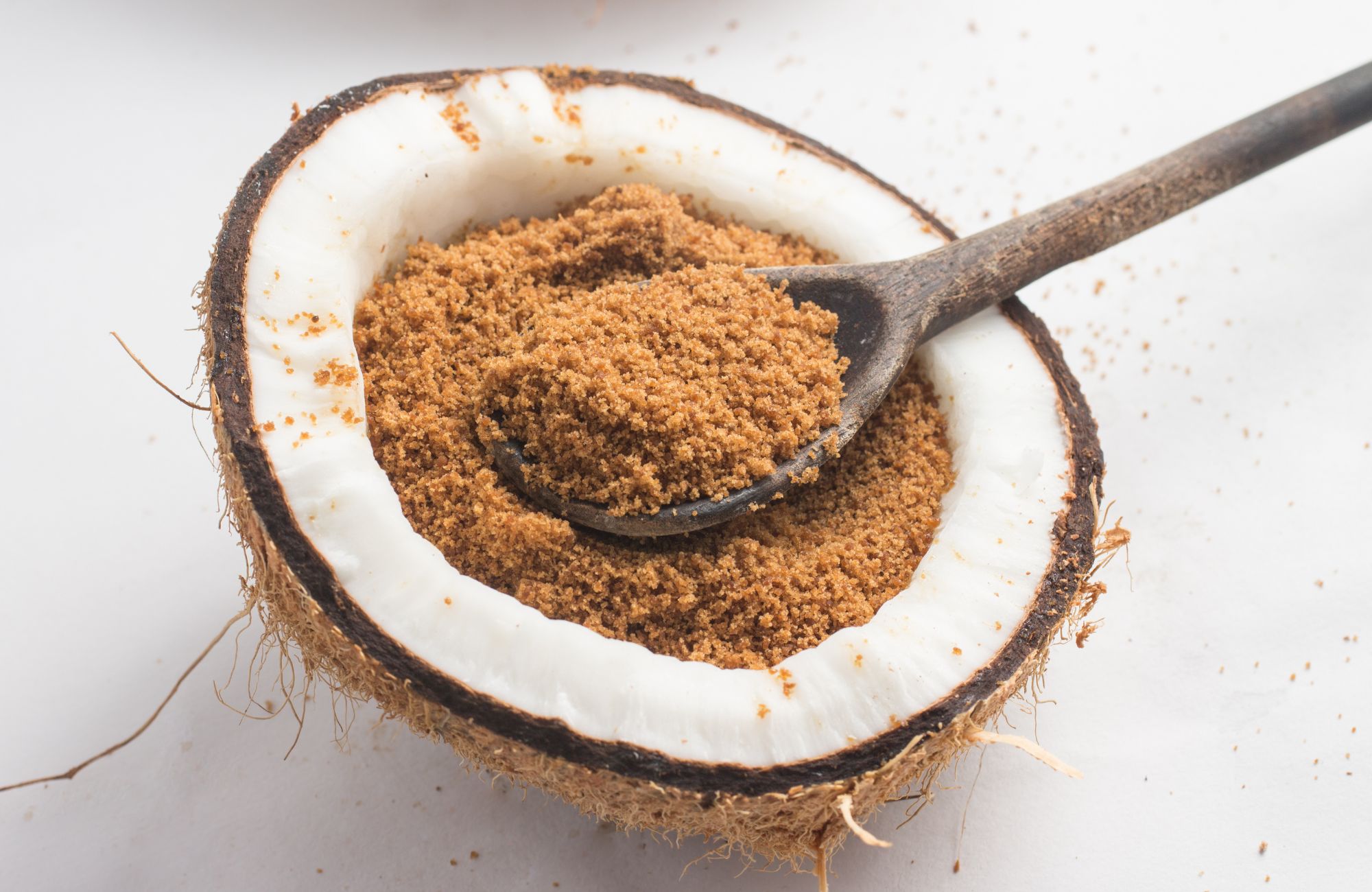
What Is Unrefined Sugar? A Simple Guide to Natural Sweeteners
In recent years, the growing focus on natural and less processed foods has put unrefined sugar in the spotlight. As consumers become more conscious about their food choices, understanding the difference between refined and unrefined sugar has never been more important. But what exactly is unrefined sugar, and how does it differ from the regular table sugar sitting in your pantry?
Unrefined sugar represents one of nature’s oldest sweeteners, derived directly from sugar cane or sugar beets through a process that preserves many of the plant’s original nutrients and minerals. Unlike its refined counterpart, unrefined sugar maintains the natural molasses content and characteristics of the sugar cane, resulting in a product that’s both flavorful and distinctive.
Understanding Sugar Basics
Chemical Composition
At its core, all sugar – whether refined or unrefined – is primarily composed of sucrose, a complex carbohydrate made up of two simple sugar molecules: glucose and fructose. However, the key difference lies in what accompanies these sugar molecules:
- Sucrose content: 90-95% in unrefined sugar (compared to 99.9% in refined white sugar)
- Molasses content: 8-14% in unrefined sugar
- Mineral content: Includes potassium, magnesium, and calcium
- Moisture content: Higher than refined sugar due to natural molasses
The Sugar Cane Journey
Sugar cane plants, those tall grass-like crops reaching heights of 10-20 feet, begin their journey in tropical and subtropical regions. The process from field to final product involves careful harvesting at peak ripeness, followed by immediate processing to prevent sugar loss. Fresh cane juice is extracted through crushing, then undergoes natural filtration and careful heating to concentrate the juice while preserving its natural characteristics.
What Makes Sugar “Unrefined”?
Unrefined sugar retains the original cane molasses and natural nutrients present in sugar cane juice. Unlike refined sugar, which undergoes extensive processing to remove these elements, unrefined sugar maintains its natural state through minimal processing. This preservation process results in:
- A darker color ranging from golden to dark brown
- Rich, complex flavor profiles
- Higher mineral content
- More moisture than refined sugars
The key distinction lies in the manufacturing process. While refined sugar goes through multiple stages of processing, including bleaching and crystallization, unrefined sugar undergoes minimal processing, typically just involving the extraction and concentration of cane juice.
Types of Unrefined Sugar
It is available in several traditional varieties, each offering unique flavors, textures, and origins. Unlike refined sugars, these retain natural molasses, giving them a richer taste and higher mineral content.
- Muscovado – A dark brown, moist sugar with a strong molasses flavor, commonly produced in Mauritius and the Philippines. It has a sticky texture and is often used in baking and confections for its deep, caramel-like taste.
- Jaggery – A natural sweetener made from concentrated cane juice, typically molded into solid blocks. Popular in India, jaggery is used in traditional sweets, teas, and even savory dishes.
- Panela – An unrefined whole cane sugar widely used in Colombia and other Latin American countries. It is commonly dissolved in water for beverages or grated into recipes for a natural sweetener.
- Piloncillo – A cone-shaped, unrefined sugar native to Mexico, similar to panela but often found in different shades of brown. It is a key ingredient in Mexican desserts, hot drinks, and sauces.
- Rapadura – A Brazilian unrefined cane sugar, retaining natural molasses and minerals. It has a dry, granulated texture and is often used in cooking, beverages, and traditional sweets.
- Sucanat – A granulated whole cane sugar, with a coarse texture and a mild molasses flavor. It is considered a less processed alternative to refined sugar and is commonly used in baking and beverages.
Each of these unrefined sugars provides a more natural and flavorful alternative to refined white sugar, making them popular choices in traditional and health-conscious cooking.
Nutritional Profile
While unrefined sugar contains more minerals than refined sugar, it’s important to understand its nutritional context:
| Nutrient Content (per 100g) | Unrefined Sugar | White Sugar |
|---|---|---|
| Calories | 375 | 387 |
| Minerals | 0.5-1% | Trace |
| Moisture | 3-7% | 0.03% |
| Sucrose | 90-95% | 99.9% |
Key Nutritional Takeaways:
- Calorie content is similar between both types
- Unrefined sugar contains slightly more minerals
- Higher moisture content in it
- Both are primarily composed of sucrose
Despite containing more minerals, unrefined types of sugar should still be consumed in moderation as part of a balanced diet. The mineral content, while higher than its counterpart, is not significant enough to consider unrefined sugar a meaningful source of nutrients in a balanced diet.
Culinary Applications
Unrefined sugar enhances a wide range of culinary creations, offering deeper flavors, richer textures, and a more natural sweetness. Its unique properties make it a versatile ingredient in baking, beverages, and cooking.
Baking
- Adds moisture and depth – Unrefined sugar helps keep baked goods like banana bread and cookies soft and flavorful by retaining more natural molasses.
- Creates richer caramel flavors – The presence of molasses intensifies the caramelization process, leading to a deep, complex sweetness in cakes, brownies, and pastries.
- Provides unique texture – Its slightly coarse nature adds a subtle crunch and chewiness to granola bars, cereals, and artisan bread.
Beverages
- Enhances coffee and tea flavors – Unlike refined, unrefined varieties complement and enrich the natural notes of coffee, chai, and herbal teas.
- Perfect for crafting specialty cocktails – Often used in old-fashioned, mojitos, and tropical drinks, it brings a more natural, earthy sweetness.
- Adds complexity to smoothies – Its rich, caramel-like undertones provide depth and balance to fruit and protein smoothies.
Cooking
- Excellent for marinades and sauces – It helps create bold, well-balanced glazes for meats, tofu, and roasted vegetables.
- Ideal for glazes and caramelization – Works beautifully in caramelized onions, teriyaki sauces, and barbecue glazes, enhancing the umami factor.
- Adds depth to savory dishes – A touch of it can round out the flavors in curries, stews, and stir-fries, adding a subtle contrast to spices and acidity.
With its distinct taste and natural properties, it elevates both sweet and savory dishes, making it a must-have ingredient in any kitchen.
Storage and Handling
Proper storage is essential to maintain the best quality, freshness, and effectiveness of the product. Follow these guidelines to ensure longevity:
- Store in an airtight container – Exposure to air can cause deterioration, loss of potency, or absorption of unwanted odors. Using a sealed container helps preserve freshness.
- Keep in a cool, dry place – Temperature fluctuations and direct sunlight can impact the product’s stability. A pantry, cupboard, or dedicated storage area away from heat sources is ideal.
- Avoid exposure to humidity – Moisture can lead to clumping, mold growth, or spoilage. Ensure the storage area remains dry and use silica gel packets if necessary.
- Expected shelf life: 2 years when properly stored – Under optimal storage conditions, the product retains its quality and effectiveness for up to two years. However, always check for signs of spoilage, such as changes in texture, color, or smell, before use.
Conclusion
Unrefined sugar offers a more natural alternative to refined sweeteners, preserving the rich flavors and nutrients found in sugar cane. With a variety of traditional options like muscovado, jaggery, and panela, it provides unique textures and depth to both sweet and savory dishes. While it still contains sucrose and should be consumed in moderation, it brings a more wholesome approach to sweetening foods and beverages. Its minimal processing allows it to retain molasses, minerals, and moisture, making it a favored choice for those seeking less processed ingredients in their diet.
Try US Sweeteners for Quality Unrefined Sugar
Looking for high-quality, bulk unrefined sugar for your recipes? US Sweeteners offers a carefully curated selection of natural sweeteners, ensuring purity, rich flavor, and authenticity. Whether you need muscovado for baking, panela for beverages, or jaggery for cooking, we have the best options to elevate your culinary creations. Explore our premium unrefined sugars today and taste the difference that natural sweetness makes!
FAQs
What are examples of unrefined sugars?
Common examples of unrefined and raw sugars include muscovado, jaggery, panela, coconut sugar, and maple syrup – all of which undergo minimal processing and retain their natural nutrients and molasses content.
What is the healthiest type of sugar?
While no sweetener is truly “healthy,” unrefined sweeteners like coconut, honey, and agave nectar retain more natural nutrients than refined table sugar. Additionally, zero-calorie options like stevia and monk fruit don’t impact blood sugar levels, making them ideal alternatives for those reducing sugar intake
Is brown sugar the same as unrefined sugar?
No, commercial brown sugar is typically refined white sugar with added molasses. In contrast, it naturally retains its original molasses content from sugar cane juice. Unlike powdered sugar, which is finely ground and often contains cornstarch to prevent clumping, it has a coarser texture and more moisture.
Is muscovado sugar unrefined?
Yes, muscovado is a genuinely unrefined sugar that retains its natural molasses content and minerals from the original sugar cane juice.
Why is high fructose corn syrup bad for you?
High fructose corn syrup (HFCS) can contribute to obesity, insulin resistance, and fatty liver disease due to its high fructose content, which strains the liver and disrupts metabolism. It is rapidly absorbed, causing blood sugar spikes and increasing the risk of diabetes and other health issues.



Leave a Reply